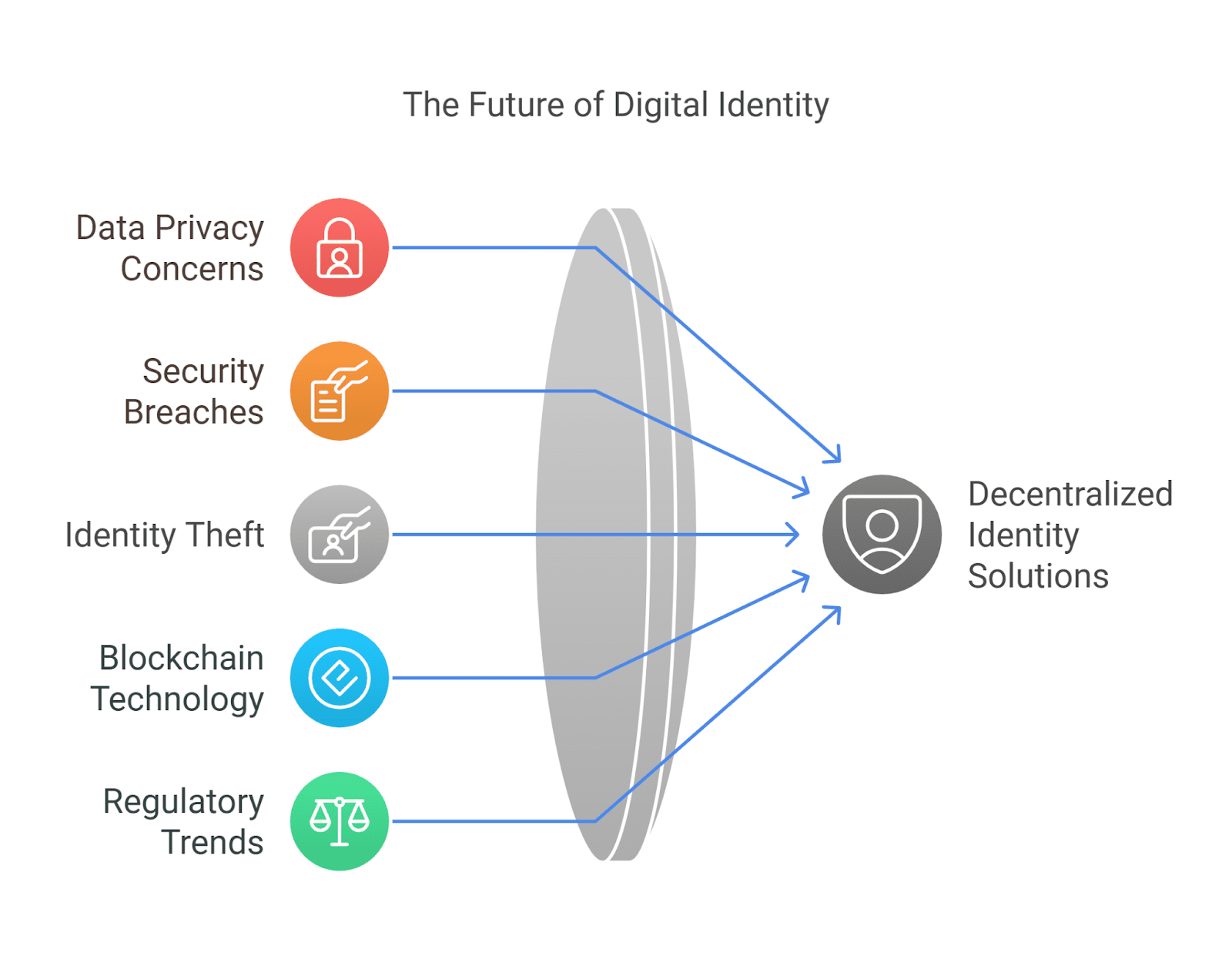Hookup Check: Your Ultimate Dating Resource
Explore insights, tips, and advice for modern relationships and hookups.
Decentralized Platforms: Your Data's New Bodyguard
Discover how decentralized platforms are revolutionizing data privacy and security—protect your information like never before!
How Decentralized Platforms Protect Your Data: An In-Depth Look
In today's digital age, decentralized platforms are becoming increasingly popular due to their enhanced security and privacy features. Unlike traditional centralized systems where data is stored on a single server, decentralized networks distribute data across multiple nodes. This means that no single entity has control over all user information, significantly reducing the risk of data breaches and unauthorized access. Additionally, decentralized platforms utilize cryptographic techniques to protect data integrity, ensuring that users' personal information remains secure and confidential.
Furthermore, decentralized platforms empower users by providing them with greater control over their data. Users can choose what information to share and with whom, eliminating the need for intermediaries. This is particularly important in an era where data privacy concerns are at an all-time high. By utilizing smart contracts and blockchain technology, these platforms create an immutable record of data transactions, making it nearly impossible for third parties to manipulate user data without consent. As a result, decentralized systems not only safeguard personal information but also promote transparency and trust among users.

Counter-Strike is a popular first-person shooter game that has captivated players around the world since its release. As players engage in tactical team-based gameplay, they often look for ways to enhance their gaming experience. One such way is by using a cryptocasino.com promo code to access various bonuses and perks in related gaming environments. The game's intense competition and strategic depth continue to make it a favorite in the esports community.
The Future of Privacy: Why Decentralized Platforms are Your Best Defense
As we navigate an increasingly digitized world, the significance of privacy has never been more critical. Traditional, centralized platforms often become prime targets for data breaches and misuse, exposing users’ personal information to unforeseen risks. Decentralized platforms, on the other hand, offer a compelling alternative. By distributing data across multiple nodes, these platforms drastically reduce the likelihood of large-scale data compromises. In this new paradigm, individuals regain control over their information, ensuring that they are not at the mercy of a single entity's data policies or security measures.
Moreover, adopting decentralized platforms can foster a more equitable digital ecosystem. Users are not only participants but also stakeholders in these networks, with the power to influence governance and decision-making. This shift represents a fundamental change in the relationship between users and technology. As more people recognize the value of privacy and autonomy, we may see a significant movement towards decentralized technologies, paving the way for a future where individuals can interact online without sacrificing their personal information.
What You Need to Know About Securing Your Data with Decentralized Technology
As the digital landscape evolves, securing your data has become more crucial than ever, and decentralized technology offers innovative solutions to enhance your protection. Unlike traditional centralized systems where data is stored in a single location, decentralized technology distributes data across multiple nodes, making it significantly harder for malicious entities to access or compromise the information. This approach not only boosts security but also increases data integrity and reliability, as the absence of a central point of failure minimizes the risk of data loss or corruption.
When considering implementing decentralized technology for data security, there are several key aspects to keep in mind. First, assess the various decentralized platforms available, such as blockchain and peer-to-peer networks, to determine which best suits your needs. Second, understand the potential challenges, including the learning curve associated with these technologies and the current regulatory landscape. Lastly, consider engaging with a community of experts and enthusiasts to share knowledge and stay updated on best practices in securing data through decentralized solutions.